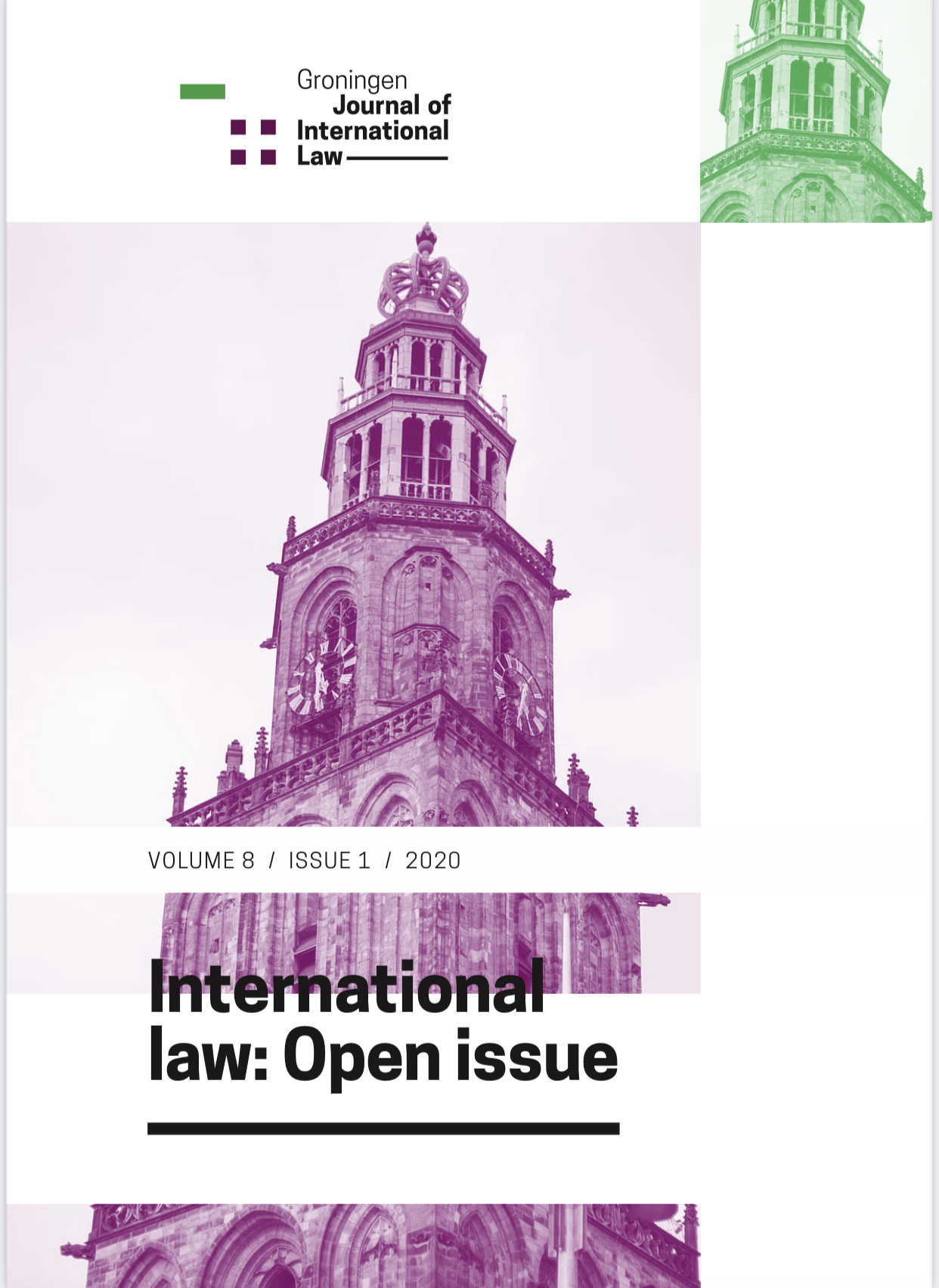Beyond Powder Kegs and Crystal Balls: Finding Meaning in the Appellate Body’s Interpretation of WTO Law
DOI:
https://doi.org/10.21827/GroJIL.8.1.1-29Keywords:
LAW OF TREATIES, WTO LAW, FRAGMENTATION OF INTERNATIONAL LAWAbstract
This article seeks to establish the interpretative methodology used by the WTO Appellate Body and panels in deciding cases. The modern WTO dispute settlement system has been the subject of great criticism, including allegations of judicial activism and use of judicial precedent. These perspectives are founded upon a false theoretical dichotomy, whereby the WTO system is viewed either as a global constitutional system or, alternatively, that its rules are subsidiary to a host of other values and norms, including environmental protection, human rights and national regulatory choice. First, the modifications in institutional architecture under the dispute settlement system are traced and discussed. This includes an analysis of treaty changes, the organisation and structure of panels and the adoption of reports. Subsequently, an analysis of WTO/GATT jurisprudence is made to ascertain the various legal sources used, the normative hierarchy established, the application of VCLT provisions and other rules of treaty interpretation, the use of evolutionary interpretation and the significance of special rules. This Section relies on case law and academic literature. Finally, the question of the fragmentation of international law is addressed with respect to treaty interpretation. This Section analyses legal pluralist arguments, particularly by Weiler, Fischer-Lescano and Teubner and establishes legitimate responses to their arguments. Moreover, certain similarities are established with other international courts and tribunals.
Published
Issue
Section
Copyright (c) 2020 Christian Plamenov Delev, LL.M

This work is licensed under a Creative Commons Attribution-NonCommercial-NoDerivatives 4.0 International License.
Open Access Creative Commons


